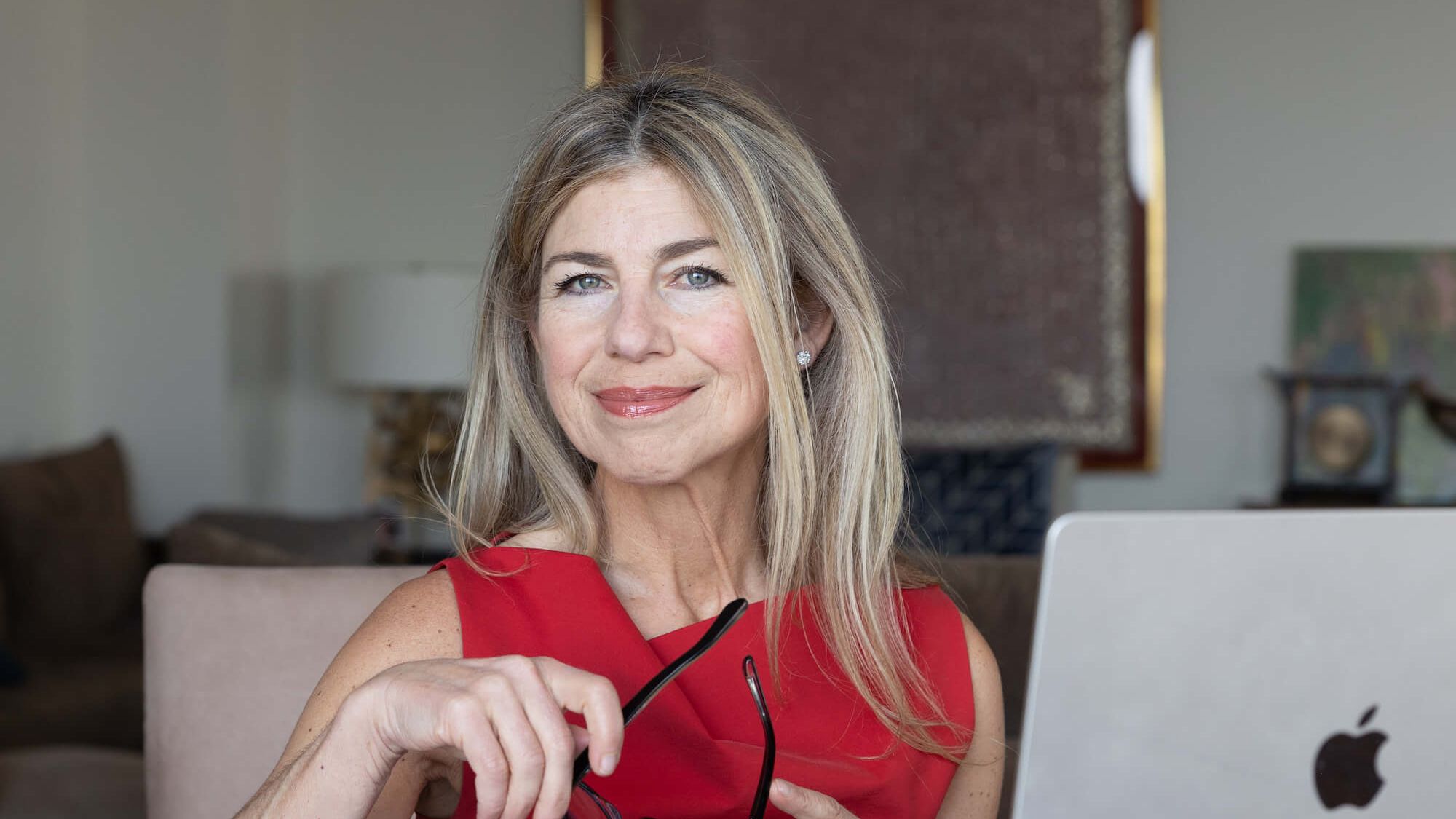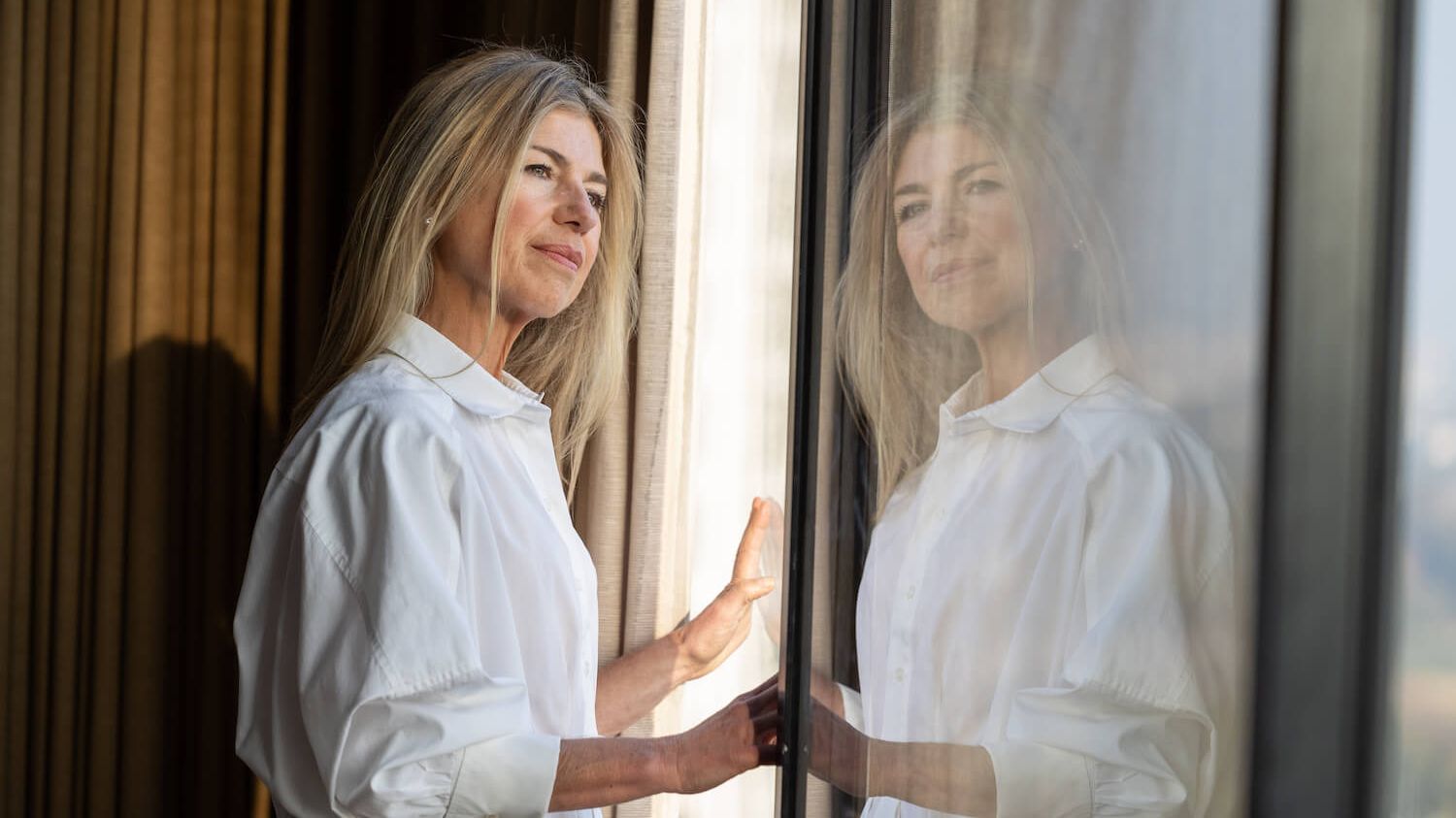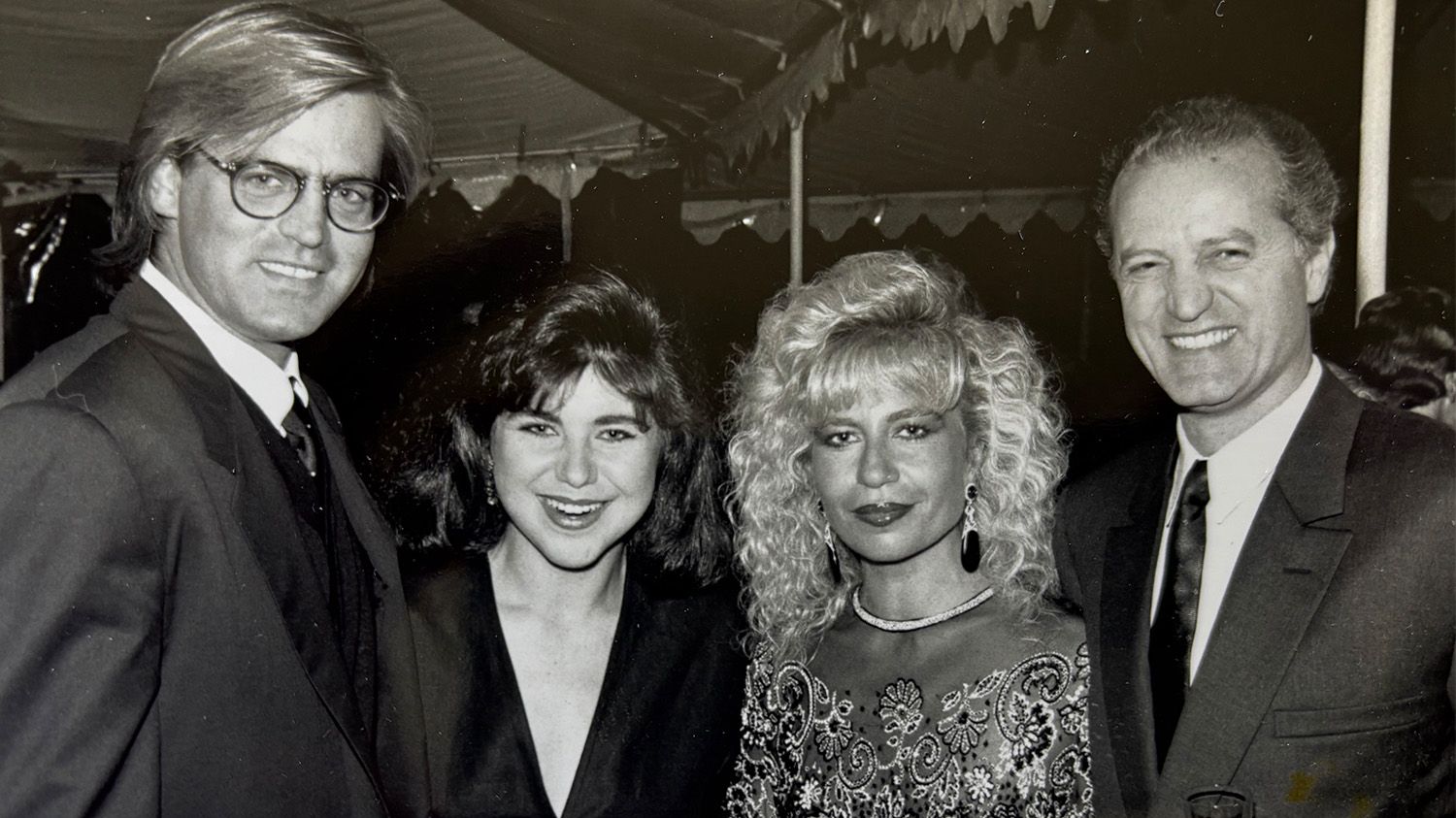Fear: Friend or Foe?

Want to this listen to this article instead? Tune in here.
I meet with clients weekly but keep conversing with them between sessions through a shared document.
I do this because life doesn’t conveniently happen, for example, every Tuesday at 10.00 am. It happens in its own time and when you least expect it. And I want to be helpful when learning opportunities occur.
Additionally, staying in an ongoing conversation with a client allows us to explore the concepts we discuss during a session more deeply. It’s a way for them to continue exploring and expanding their consciousness, skills, and mindset outside regular sessions.
In a recent conversation with one of my clients, Ruth, we delved deep into the subject of fear—its origins, its influence, and how we can navigate it in our daily lives. As you read along, keep in mind that Ruth is one of the most courageous women I know. But fear lives in every single one of us, and it’s worth learning about. I hope this brief dialogue between Ruth and me sheds light on why fear so often holds us back and what we can do about it.
Ruth: Why do we humans kind of feed on fear? What is fear's biggest power on us?
Carolyn: For most of history, fear has been the reason we have survived. We are here today because our ancestors feared everything (hunger, enemies, natural disasters, etc...) and planned ahead.
Fear has been our evolutionary advantage but no longer serves that positive purpose today. My generation and yours are the first to live in so much comfort and opportunity. Our stomachs are full, and all our needs are met.
Fear is no longer keeping us safe—it's now hindering our evolution, growth, and expansion.

Photo: Sketchplanations
Ruth: Do you think people know how fear plays and moves them? How can you observe that in people? If fear gets in our way, do we have to look fear in the eye and then just act? Or see it and move? Or just live in certainty?
Carolyn: Let me start with your last question:
There is no such thing as living with certainty. Anyone who lives with certainty is also living with delusion. The greatest skill we can develop in adulthood is thriving in uncertainty because uncertainty is the default mode of life.
To answer your first question: People who are not doing the work of becoming self-aware and self-realized are not aware of the influence of fear on their daily actions (or non-actions). As early as 1797, Kant said, "Know thyself." But still, today, most people don't. We teach our children Math and History but give them no skills or tools to gain the most important knowledge, which is knowledge of themselves.
Ruth: How can you observe fear in people?
Carolyn: Look for anger, reactiveness, resentment, shame, humiliation, people-pleasing, hustling, ruminating—peel one or two layers—and you will inevitably uncover fear.
Ruth: If fear is getting in our way, do we have to look fear in the eye and then just act?
Carolyn: Yes. In my experience, fear doesn't disappear, but with practice and commitment, it can be removed from the driver's seat of life to the child's seat in the back of the car. You are not the kind of person, Ruth, who will play a smaller game because of fear. Therefore, understand that fear will ride shotgun whenever you set a new goal. For people like you, fear is not a bug in the system; it's a feature.
Main photo: Michael Li







